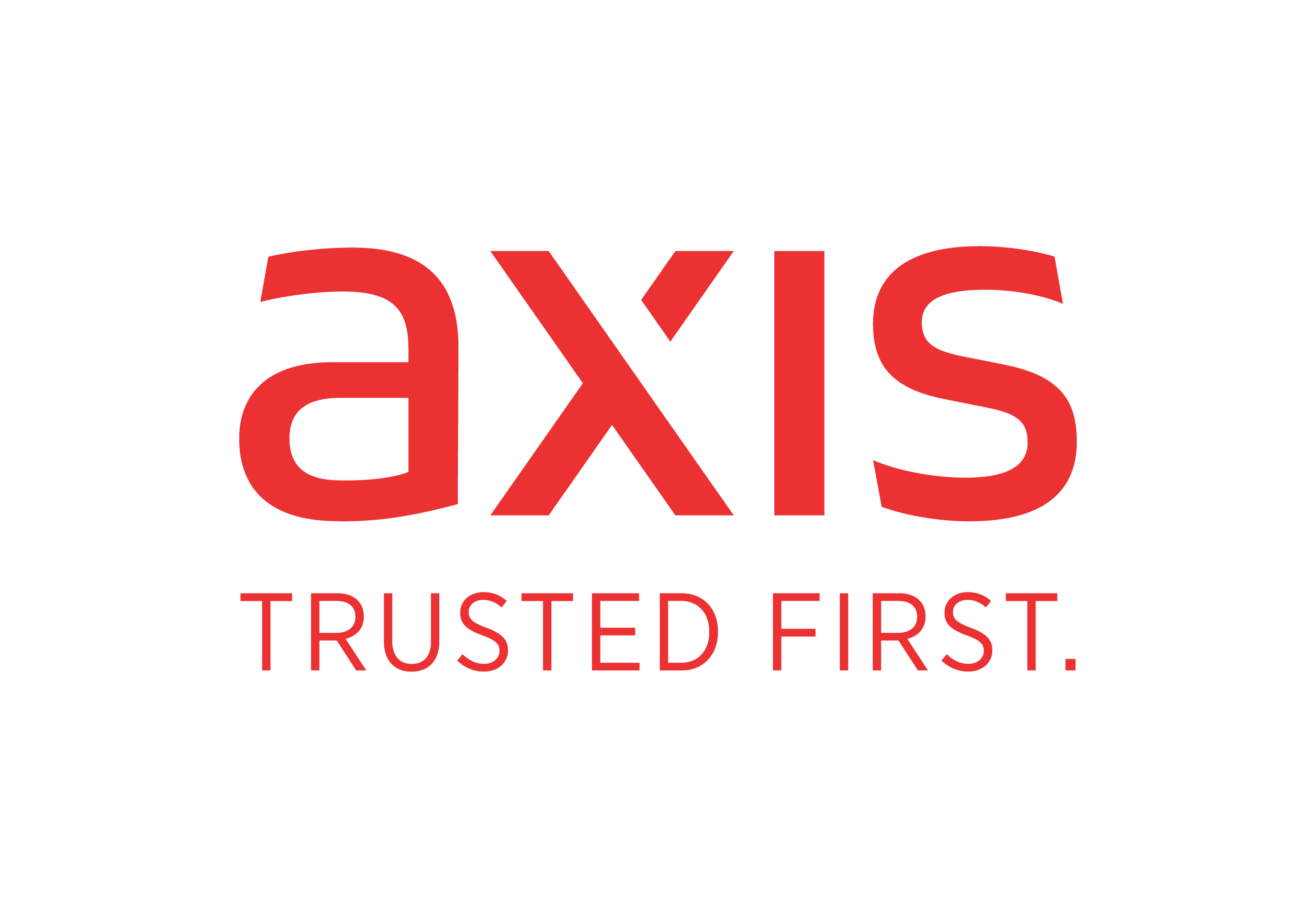Background
The Mauritius Minister for Financial Services has issued a Communique in response to the European Commission decision on 7 May 2020 to include Mauritius on its List of high-risk jurisdictions.
Through a delegated EU Directive concerning AML/ CFT regulations, the Commission, published on 7 May 2020 by way of a Regulation the revised methodology for identifying high-risk third countries along with a list of identified countries (the “EU high-risk third countries regulations”). The revised list now comprises of 20 countries, including Mauritius, whereas six countries previously listed have been removed.
The European Commission (the “Commission”), is empowered by Article 9 of Directive 2015/859 to identify third country jurisdictions (“high risk third countries”) which the Commission believes have strategic deficiencies in their anti-money laundering and countering financing of terrorism (“AML/CFT”) regimes through the adoption of delegated acts.
It is to be noted that the Regulation is not yet in force. It is subject to the approval of the European Parliament and the EU Council of Ministers. Should the said approval being obtained, the date of application of this Regulation concerning the addition of third countries has been set at 1 October 2020.
How did Mauritius enter the EU’s list?
The inclusion of Mauritius on the List is the result of two events which are directly correlated. Firstly, the decision of the Financial Action Task Force (the “FATF”) in February 2020 to place Mauritius on the list of “jurisdictions under increased monitoring” (“FATF list”) and secondly, the issuance of the revised methodology for the identification of high risk third countries which was published together with the list.
This revised methodology among other things, also revisits the interaction between the EU and the FATF and uses the FATF lists as a valid base line for the EU list. As the working paper puts it “any third country representing a risk to the international financial system, as identified by the FATF, is presumed to represent a risk to the EU internal market.”
When does the listing come into effect?
The Commission amended the List in the form of a Delegated Regulation which will now be submitted to the European Parliament and the Council of Europe for approval within one month, which owing to the COVID-19 pandemic, may be subject to an extension of one month. Subject to the approval of European Parliament and the Council of Europe being received, the list will come into force on 1 October 2020.
What are the implications of this listing once it comes into force?
The consequences of the listing as set out in the EU legislation are as follows:
- Certain categories of Financial services institution, credit institutions, banks, insurance companies, investment firms, trust or company service providers – just to name a few, will be required to apply enhanced customer due diligence with respect to business relationships or transactions involving countries that are on the List; and
- Persons and entities implementing EU funds or budgetary guarantees will no longer be able to enter into new or renewed operations with entities incorporated or established in countries included in the List, except when an action is physically implemented in these countries and subject to the absence of other risk factors. It has been advised that Implementing partners must transpose those requirements also in their own contracts with selected financial intermediaries.
Considering the above:
- Banks and other professionals will be obliged to increase their scrutiny of all business transactions involving operators located in Mauritius and will apply enhanced due diligence (EDD) measures in any transaction or business relationship with a person established in Mauritius.
- Existing Mauritian entities which were targeting European Development Finance Institutions will no longer be able to accommodate them for so as long as Mauritius is included on the List.
- From a legal standpoint, particular attention will have to paid to contractual provisions such as investment restrictions in “side letters” and “conditions for excuse” in the constitutive documents of Mauritian investment vehicles.
However, notwithstanding its presence on the List, Mauritius based investors will continue to be eligible for Foreign Portfolio Investment registration in India which draws the line at the FATF list of “high risk jurisdictions subject to a call for action” i.e. the “blacklist” and on which Mauritius does not appear.
Was there any engagement process with Mauritius prior to this announcement?
Following the publication of the Regulation, Mauritius has through the Ministry of Financial Services and Good Governance issued a Communique in response of its inclusion to the List and stated that it “took cognizance of the proposed listing of Mauritius through a press article published on 5 May 2020” and bemoans the fact that there has been “no dialogue and partnership” between EU and Mauritius.
It is to be noted that the Secretary-General of the Organisation of African, Caribbean and Pacific States (OACPS), H.E. Mr. Georges Rebelo Pinto Chikoti, in a letter addressed on behalf of the OACPS to the Co-President of the ACP-EU Council of Ministers, also regretted the lack of consultation or notice to the affected States and the timing of the action.
What is the Mauritian government doing to address the strategic deficiencies in its AML/CFT regime?
The Government of Mauritius had made a high level of commitment as early as February 2020 to commit to the FATF action plan within agreed timelines and is taking all necessary measures to honour its commitment. According to the Mauritius Government, despite the lockdown situations arising out of the Covid-19, a first progress report has been prepared by Mauritius and sent to the FATF on the agreed date. However, the FATF process has been halted due to the Covid-19 situation and the progress report could not be assessed. In the meantime, the EU’s list was published.
By when is the Government of Mauritius planning to complete the amendment exercise?
Mauritius has committed to resolve swiftly the 5 identified strategic deficiencies within agreed timeframes which had been set by the FATF to be by latest in September 2021. It is worth noting that Mauritius is obtaining technical assistance from the EU funded AML/CFT Global Facility and the German Government through the German Development Agency, the GIZ to support the implementation of the FATF Action Plan. In its communique dated 4 March 2020, the Financial Services Commission which is the regulator for non-banking and financial services in Mauritius, had stated that it is prioritizing its work in order to address all of the action points recommended for the global business sector ahead of the set timeline. During a meeting with all the key stakeholders of the financial services sector on Friday 08 May, the Minister of Financial Services and Good Governance, stated that in the light of these developments, the Government will speed-up the process as the intention is to be removed from the list before its implementation date.
Why should I continue investing in/through Mauritius?
First and foremost, the Regulation is not yet in force because it needs to be approved by the European Parliament and the EU Council of Ministers. Even after the approval is obtained, the date of application of the Regulation concerning the addition of third countries has been set at 1 October 2020. There should therefore be no immediate consequence to the listing on businesses that have or are considering investing through Mauritius.
It must be highlighted that the strategic deficiencies identified in the Mauritian AML/CFT framework are in respect of technical compliance issues but areas in which Mauritius must demonstrate an increase in the level of effectiveness of its AML/CFT system. The findings are mostly geared towards the regulators, Designated Non-Financial Businesses and Professions, non-profit organizations and Law Enforcement Agencies. Besides, Mauritius has already met the expectations of the FATF in relation to what is known as the “Big Six Recommendations” i.e. the criminalization of the money laundering offence, the criminalization of the terrorism financing offence, the implementation of a framework for targeted financial sanctions, customer due diligence, record keeping and the reporting of suspicious transactions.
The choice of Mauritius as a domicile for structuring business into Africa and Asia is quite well established and known amongst fund managers and institutional investors. Investors not only take comfort from the efficient tax system but also that Mauritius is a recognized financial services centre and has robust regulation and a high level of professional service. It is also a politically stable jurisdiction with a system of law inspired from English common law and French civil law with final right of judicial recourse to the English Privy Council, but at the same time geographically and culturally close to countries in Africa and in Asia, making it a preferred platform for establishing holding structures in emerging markets of these continents. Mauritius is a member of the Southern African Development Community (SADC), the Indian Ocean Rim Association for Regional Cooperation (IOR-ARC) and the Common Market for Eastern and Southern Africa (COMESA).
The political and social stability coupled with a strong regulatory regime allows Mauritius to be consistently placed amongst the best countries in this part of the world in which to carry on business. Mauritius ranks 1st amongst African countries and 13th globally in the World Bank’s Ease of Doing Business 2020 report. This is mirrored in other surveys such as Forbes’s survey of Best Countries for Business 2019 where Mauritius is ranked 39th globally and 1st in Africa. In addition to providing an efficient platform to invest from, Mauritius is well regarded when it comes to governance. It is ranked 1st in the Mo Ibrahim Index of African Governance.
Mauritius remains committed to uphold its adherence to international norms and best practices and we are confident that no effort will be spared so that Mauritius can get removed from the EU list in the very near future.
“This is a joint Axis & BLCR Newsbite”
This article should not be construed as legal advice and is made for information purposes only. Should you require legal advice on AML/CFT related matters, please contact info@axis.mu
Authors:
 Head of Business Development & Marketing, Axis Fiduciary Ltd
|
|---|








